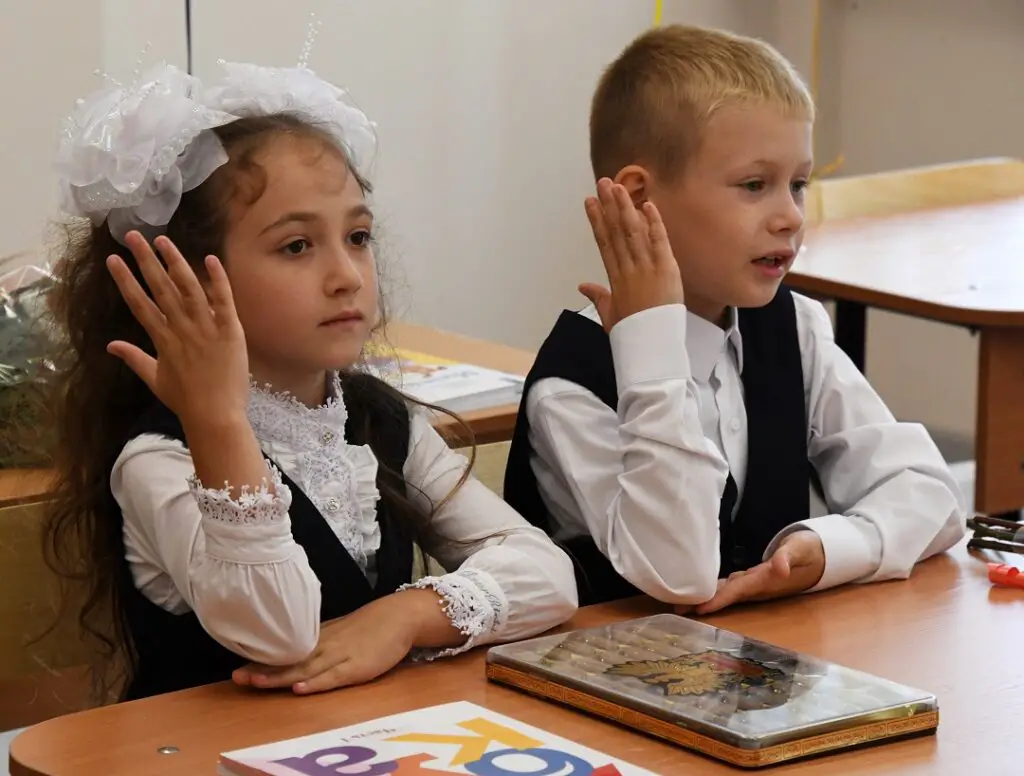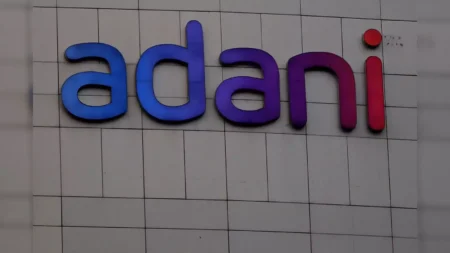- At least four Moscow schools will teach Swahili and Amharic for children starting September 2023 as part of the new special program.
- Historically, Russia was one of the countries where the African elite went to earn degrees. Calls for Russia and Africa to resume educational exchanges intensify.
- Experts also call for cooperation in agriculture, energy and investments between Russia and Africa.
Next time you land in Moscow, do not be surprised to if you come across common Swahili greetings such as “Jambo” (Hello), “Habari” (How are you?), and “Asante” (Thank you) as you transact across Russia.
Swahili is a language spoken by millions of people in East Africa, particularly in Tanzania, Kenya, Uganda, Rwanda, Burundi, and the Democratic Republic of Congo. It is also the official language of the East African Community. Swahili ranks among the top 10 widely spoken language with about 200 million people using it.
According to The Sputnik International News Agency And Radio, a number of schools in Moscow are planning to start teaching Swahili starting September, this year. The development was announced during a roundtable, Russia–Africa: Prospects for Economic Cooperation.
Four Moscow schools will teach Swahili
Speaking about fostering expert and analytical personnel’s competencies in Russian-African cooperation, Director of the Institute of Asian and African Studies Alexei Maslov announced that “for the first time at least four Moscow schools will teach Swahili and Amharic for children starting September 2023 as part of the new special program.”
Maslov added that, “we are also exploring the possibility of Moscow schoolchildren studying Yoruba. An abrupt turn to Africa requires a completely different type of specialists who could work directly with the economy and would realize that Africa is not just one big continent, but in fact, a patchwork of diverse national, religious and linguistic traditions”.
Read also: Oil-rich Angola joins insurer ATI, pays $25 million in fees
The Russia–Africa: Prospects for Economic Cooperation discussion was attended by Alexei Maslov, Director of the Institute of Asian and African Studies of Lomonosov Moscow State University (Russia); Andrei Maslov, Director of the Center for African Studies, Higher School of Economics National Research University(Russia); Alexander Beltser, Professor of the History Department, Samara University (Russia); Philani Mthembu, Executive Director at the Institute for Global Dialogue (South Africa); Lubinda Haabazoka, Director of the Graduate School of Business of the University of Zambia and Former President of the Economic Association of Zambia (Zambia); Tunde Ajileye, Partner at SBM Intelligence (Nigeria); and Sevias Guvuriro, Associate Professor of the Department of Economics and Finance, University of Free State (South Africa).
Africa attracting Russian investment
Executive Director at the Institute for Global Dialogue Philani Mthembu stressed the role of bilateral projects in agriculture and food: “I think it will be important for Russia and Africa to consider not only the possibilities for trade in minerals and resources located on the African continent, but also potential mechanisms for attracting Russian investment, as well as the creation of joint ventures.”
Director of the Graduate School of Business of the University of Zambia Lubinda Haabazoka spoke about the role of the dollar in the modern world: “The Bretton Woods economic system, which was created in 1944, is holding back Africa’s growth. We are very dependent on the dollar, but at the same time, we do not trade with America. That is, thinking logically, we are not receiving the dollars to continue trading with other countries. Even neighboring Zambia and South Africa use dollars in mutual trade. This is kind of absurd. Therefore, we need to have BRICS create an alternative international monetary system as soon as possible.”
“The problem of hunger in countries such as Ethiopia can be largely resolved through smart management of the food security system in that country,” Andrei Maslov noted while presenting HSE’s current research on the digital transformation of public administration in Africa. The expert added that HSE University is developing a training program in digital public administration for African officials.
African elite studied in Russia
Tunde Ajileye from SBM Intelligence underscored that, historically, Russia was one of the countries where the African elite went to earn degrees. And now Russia and Africa need to resume educational exchanges, he added. According to the expert, it is also important to intensify cooperation in agriculture, energy and investment.
Sevias Guvuriro from the University of Free State discussed the ongoing change in the existing world order and emphasised the special role of BRICS in relations between Russia and South Africa.
The discussion was part of a series of educational and expert events, “New Horizons of Cooperation between Russia and the Countries of the Middle East and Africa,” organized with the support of the Alexander Gorchakov Public Diplomacy Fund and the Center for Assistance to Humanitarian and Educational Programs.











